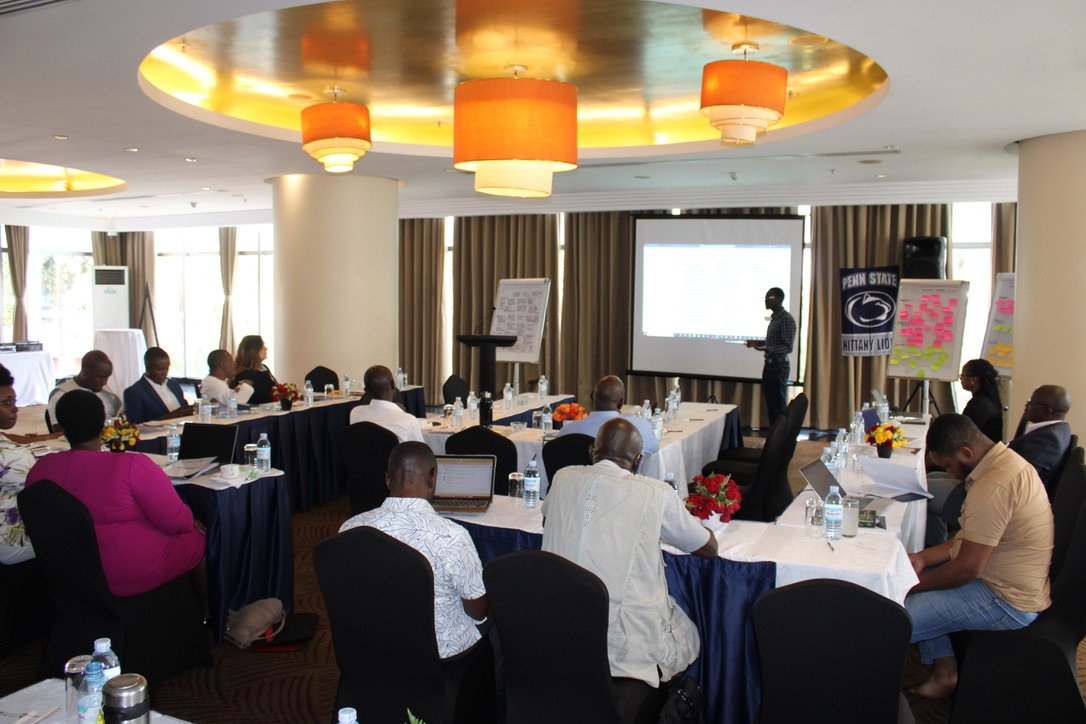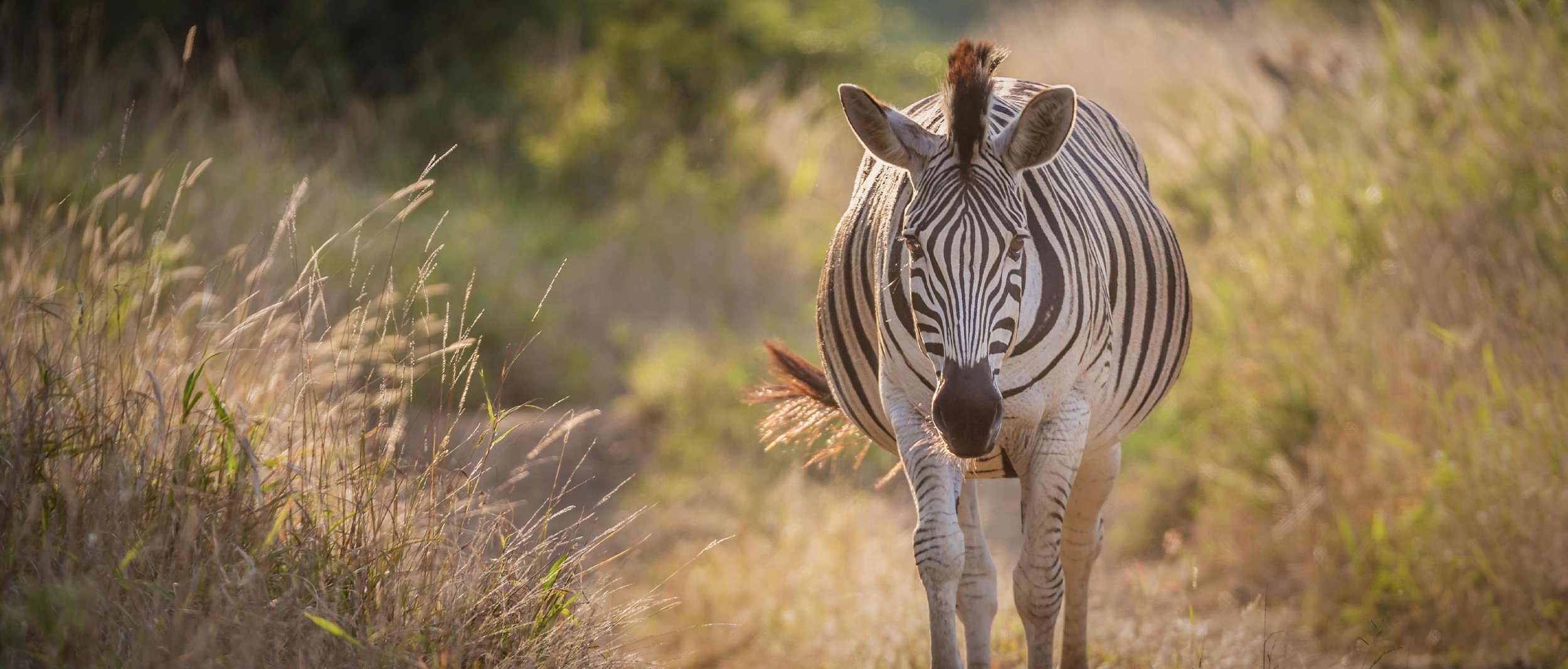
We are a multi-stakeholder platform on human-wildlife relationships in East Africa.
The Human-Wildlife Co-existence Research Network for Africa brings together a diverse range of stakeholders to collaborate, educate and better manage human-wildlife relationships in Uganda, Rwanda, Tanzania and Kenya.
East Africa is a region known for its incredible wildlife, including some of the world's most iconic species such as gorillas, elephants, lions, and giraffes.


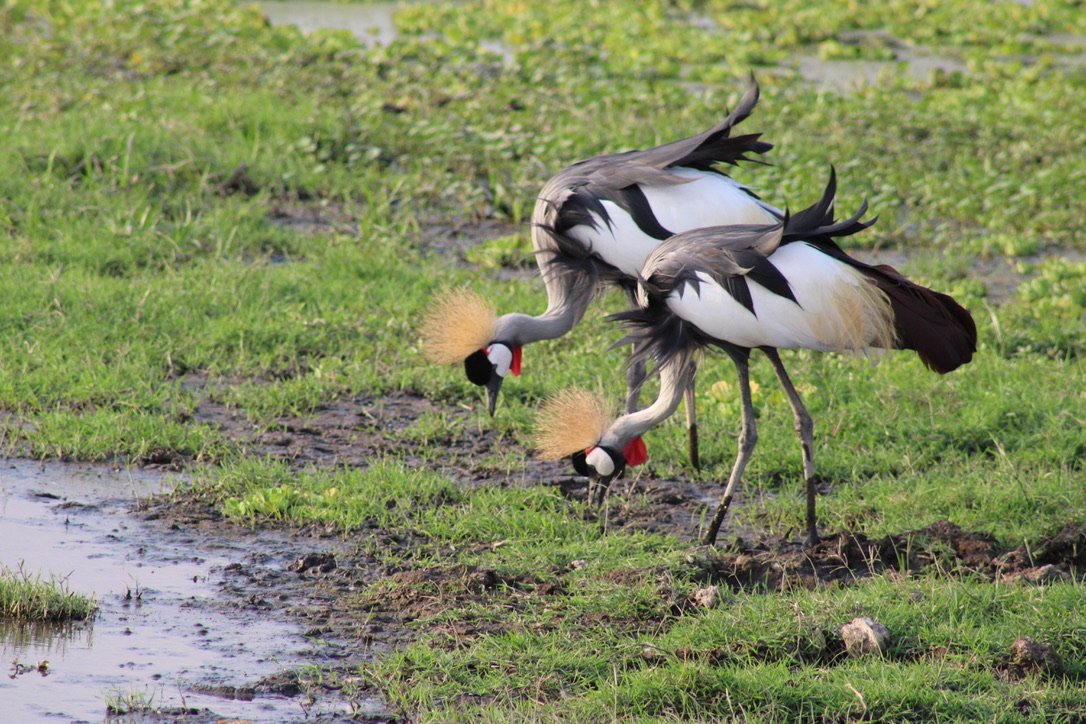
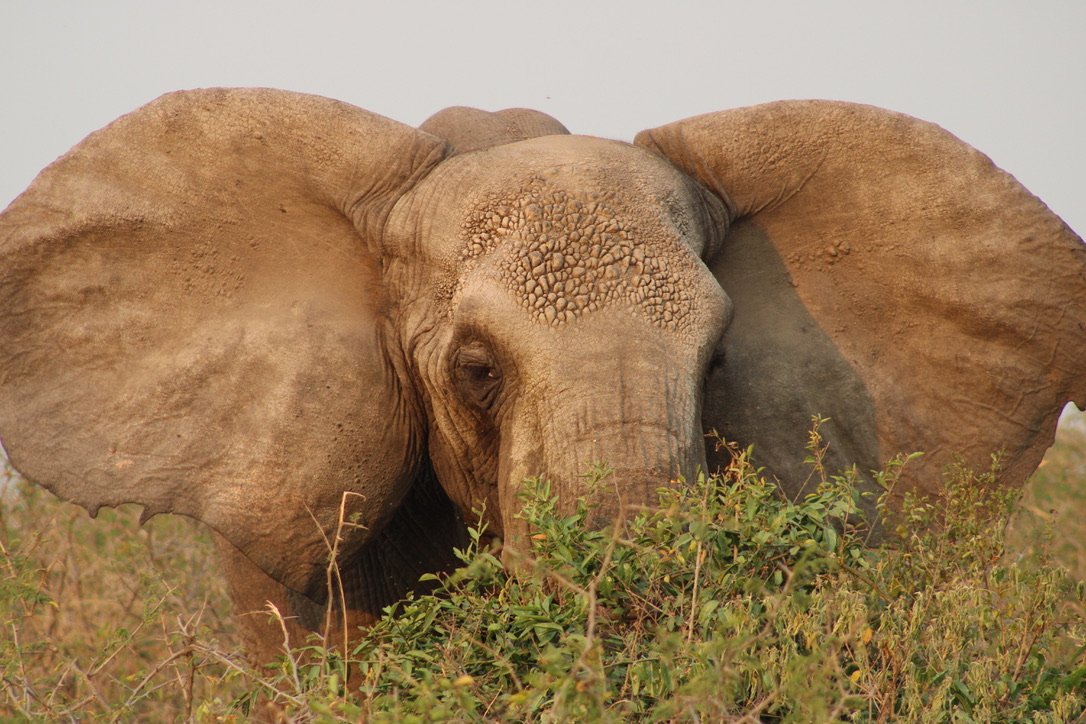
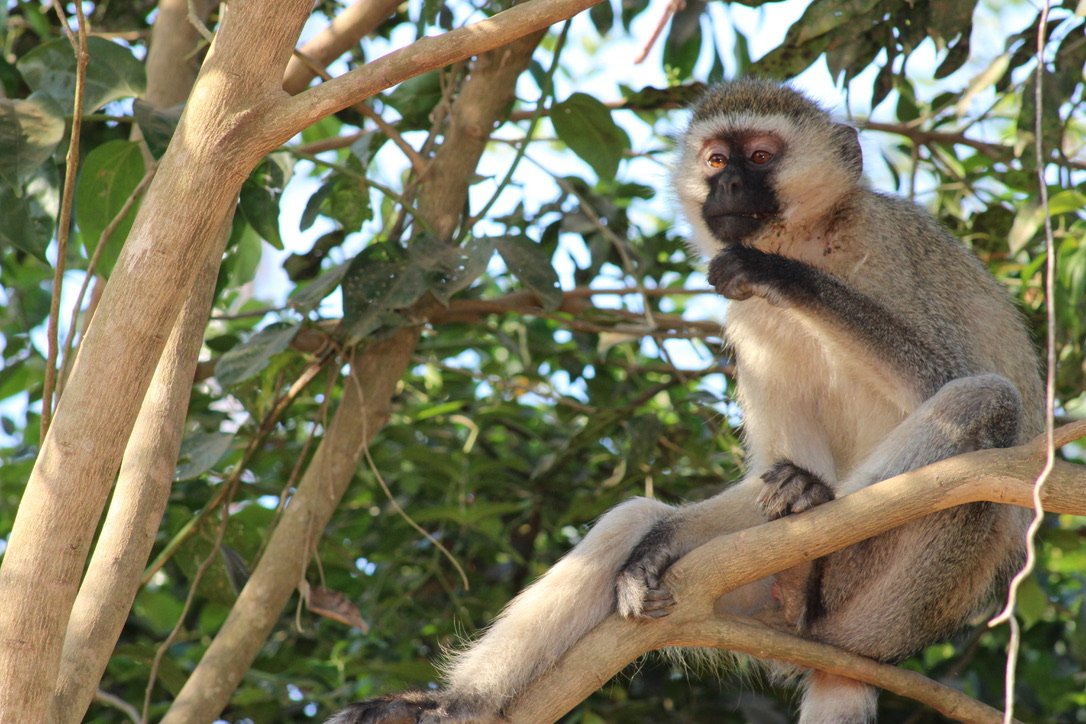
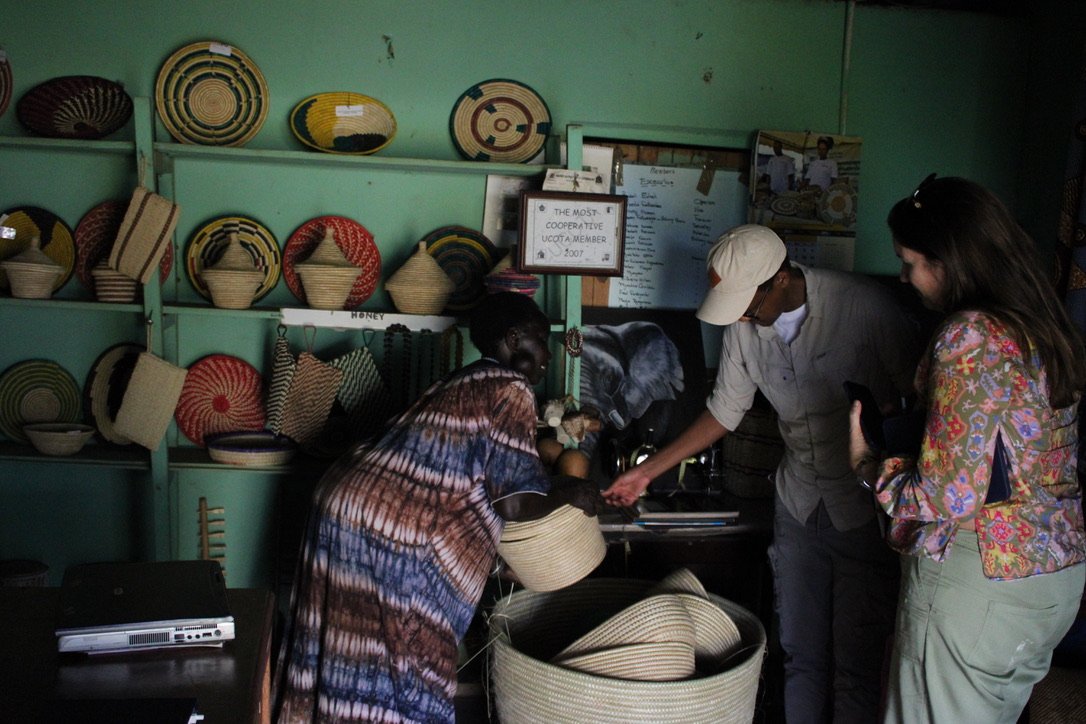

The region is also home to a growing human population that depends on natural resources for their livelihood security and local development.
This natural cohabitation, however, increases competition over shared resources. The ensuing conflicts not only impact the biodiversity and ecological balance of the region but also pose a significant threat to the livelihoods and safety of local communities—a situation that calls for research-informed and visionary thinking in favour of timely and effective actions and policies that reflect alternative conservation paradigms.
Our Work
By leveraging the expertise of diverse actors and generating new knowledge through research while translating existing relevant ones, the Human-Wildlife Co-existence Research Network for Africa fosters evidence-based decision-making that balances the conservation of wildlife with the needs and aspirations of East African communities.
In addition, the network promotes knowledge sharing and capacity building, enhancing the skills of local researchers and practitioners to address the challenges of HWR more effectively.
The network also develops programs and initiatives in partnership with communities that uplift their current activities, programs, and projects. Overall, the HWCRN serves as a strategic platform for coordination and collaboration, leveraging the collective strength of stakeholders.
Supporting the communities living with wildlife
In East Africa, communities and wildlife share the same land, but this coexistence often leads to conflicts over limited resources. Our mission is to empower these communities to manage these conflicts effectively and promote the safety of both people and wildlife to create a harmonious and mutually beneficial relationship.
Translating the latest academic research to support communities and policymakers
We aim to promote evidence-based decision-making that balances wildlife conservation with the needs and aspirations of East African communities. Through the power of collaboration and research, our network aims to generate new knowledge and translate relevant existing knowledge into culturally relevant local languages. We firmly believe that the research on human-wildlife conflict should be accessible to local communities that need it most.
Capacity-building for Communities
The network will promote knowledge sharing and capacity building to enhance the skills of local researchers and practitioners, enabling them to tackle the challenges of HWR more effectively. The network will collaborate with communities to develop programs and initiatives to uplift their current activities, programs, and projects.
We believe that research on human-wildlife conflict should be available to those who need it the most - the local communities. Everyone deserves access to knowledge that can help them live in harmony with wildlife and not against them.

Contact
Feel free to contact the East Africa Regional Center and Network secretariat with any questions.
Email
Stephanie Lvovich - Stephanie.lvovich@Sharedplanet.co.uk






